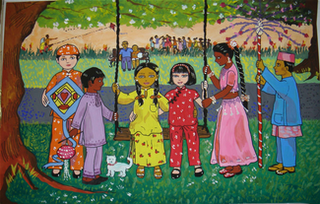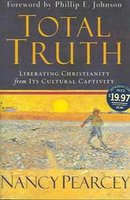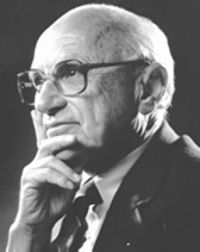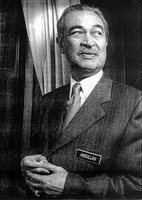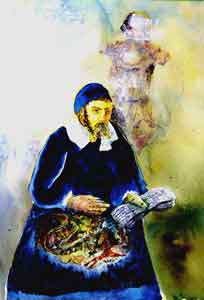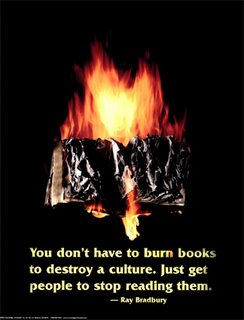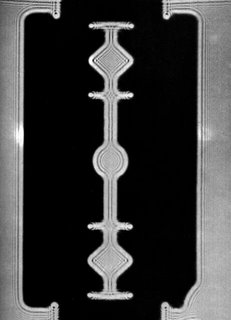 Do check out this episode of Ockham's Razor in which Author Larry Buttrose takes a critical look at postmodern theory which has enjoyed great popularity in Universities for a long time but is now in decline;
Do check out this episode of Ockham's Razor in which Author Larry Buttrose takes a critical look at postmodern theory which has enjoyed great popularity in Universities for a long time but is now in decline;Larry tells us;
"The rococo tabernacle of intellectual chic, Theory enjoyed vogue in universities worldwide, but now finds itself closely interrogated. So great has postmodernism's own crisis become that at the start of semester in a compulsory Theory-based writing unit at one Sydney university, students had their tutor commiserate for the pain they would have to endure, and hand around chocolates ... In some ways comparable to John Howard's like-minded scientists who have for the past decade reassured us that all is well and that the earth does indeed remain flat.
Chocolate-coated or not, Theory leaves a bitter aftertaste. Following a recent newspaper publication of my critique of it, the emails I received, overwhelmingly in favour, came mostly from graduates lamenting their precious educational time wasted on Theory as undergraduates. Despite ructions murmured within, the academy kept mum, but the Empire might well still write back, at a time of its own choosing."
Read the full transcript here or download the MP3 Audio narrated by the Author here.
------------------------------------------------------
Larry Buttrose is doing a PhD on creative writing at the Southern Cross University in Lismore. And his latest book is called 'Powerful and influential - people who have changed the way we think.'

